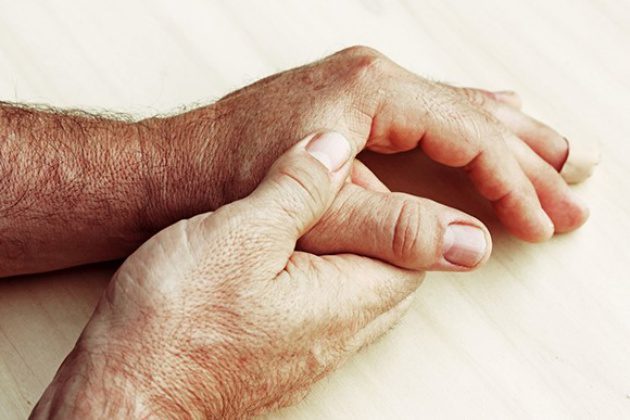By Jim Riley
Contributing Writer
As people age, health maintenance may take a little extra time — but the care and effort rewards seniors with better health throughout the aging process.
Dental hygiene is one of the maintenance tasks that can be easily overlooked. There are some common problems, from swollen gums to periodontal disease to dry mouth, that may directly impact whole-body health. Dental hygiene is just as important as physical fitness, diet and the annual physical.
Why is dental hygiene so important for seniors?
- Gum Disease: A look in the mirror may tell you much about your overall health. If you see red, swollen and/or bleeding gums then you are witness to potentially serious developments. The body’s first line of defense (oral epithelium) has been breached and bacteria has an access route to the rest of your body.
Research has indicated a consistent relationship between gum disease and heart disease and strokes. The American Academy of Periodontology found those with severe gum disease were almost twice as likely to have heart disease and stroke. Other research has obtained similar results. Bleeding gums and gum disease are serious indicators of health problems and should be attended to immediately.
- Diabetes: Gum disease hinders the body’s ability to use insulin. Diabetics are more prone to periodontal disease due to a reduction in blood circulation. Blood sugar levels are also harder to control when gum disease is present. The combination of gum disease and diabetes may cause diabetes complications. Gum disease is a warning to the many seniors who are diabetic or pre-diabetic.
- Dry mouth: Dry mouth is often a side effect of many medications. Saliva moistens the mouth, which protects teeth from decay and helps prevent infection by controlling bacteria and viruses in the mouth. If you have dry mouth, visit your doctor or dentist for advice.
- Root Decay: The tooth roots are normally protected by gum tissue. They do not have the same protective coat of enamel as the crown, so when roots become exposed, as is often the case with caps, bridgework and neglected teeth, they are more susceptible to decay.
- Darkened teeth: Food and beverages consumed over a lifetime may leave teeth stained and brown. This discoloration may also appear as the enamel layer wears thin and allows the interior yellow dentin to show through. Brushing teeth regularly and having them professionally cleaned should alleviate this problem.
Dental hygiene guidelines from the American Dental Association include:
- Drink water containing fluoride
- Brush for two minutes at least twice a day with a soft-bristled brush and fluoride toothpaste
- Rinse with an antiseptic mouth wash twice daily.
- Don’t smoke or chew tobacco.
- Eat a healthy diet that includes dairy and high-fiber foods.
- Visit a dentist regularly for cleaning and oral exams.
Dental health is an integral part of a healthy lifestyle. It’s great to have teeth that look good, but the health of your gums, teeth and mouth tissue is even more important.
Give your dental health the same priority as your physical and mental health.






